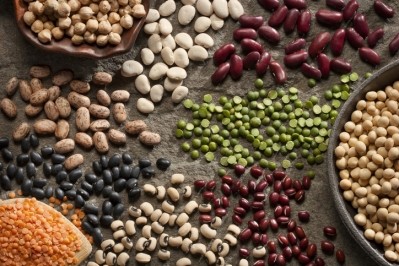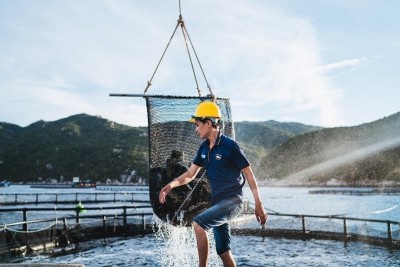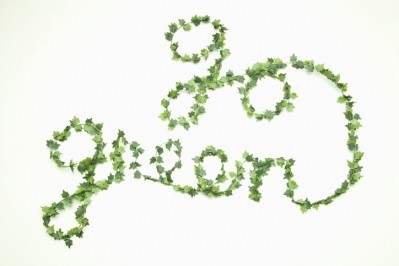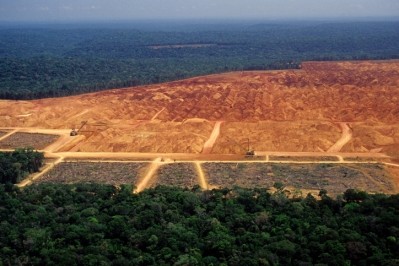Increasing focus on feed innovation in UK meat industry
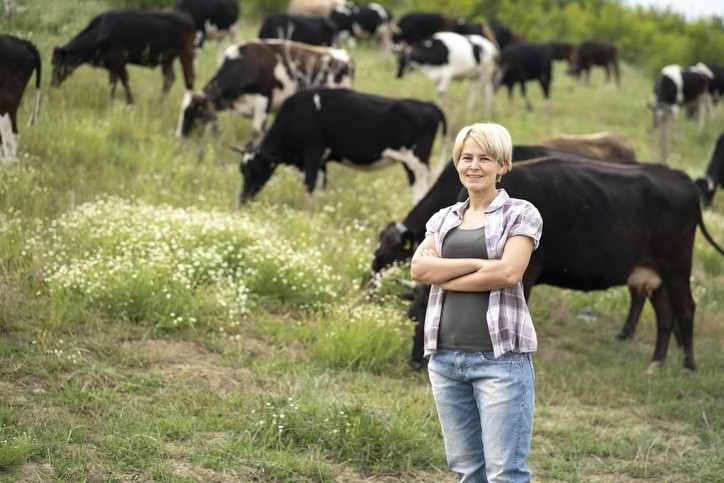
In June 2020, WRAP launched Meat in a Net Zero world, with 40 stakeholders across the UK meat production and supply chain collaborating and pledging to make the UK meat industry one of the most efficient and sustainable in the world.
The participants committed to actions across four target areas – with the overall aim to reduce meat waste and GHG emissions along the meat supply chain and protect natural assets, such as water and forests. Such actions, said WRAP, would contribute towards existing national and global targets on GHG emissions including:
- Courtauld Commitment 2030 - halve food waste and food system GHG emissions by 2030 and tackle water stress, in line with the UN’s Sustainable Development Goals.
- NFU - net zero GHG emissions across the whole of UK agriculture by 2040.
- UK - all GHG emissions to net zero by 2050.
Progress tracked
WRAP’s one-year on annual progress summary 2020–2021 for that initiative highlighted achievements of the industry to date.
The report noted that, in relation to the target to help improve productivity, protect natural assets and reduce GHG emissions when rearing animals, while maintaining world-leading animal welfare standards, 60% of business supporters have set net zero or science-based GHG reduction targets across the whole supply chain.
Moreover, new farm-level metrics have been agreed for poultry, pig, beef, and lamb sectors to help track progress against the GHG emission reduction goals.
In addition, retailers and processors have reported a significant and increasing amount of R&D activity being focused in priority areas, such as feed innovation.
Data lacking
To continue the success to date on that target and the others on waste, forest protection and water use, WRAP said more robust data are required for decision-making.
It said existing technologies need to be advanced and new innovations developed. “For example, further investment is needed in soy alternatives, such as insect meal, other novel proteins, and domestic-grown legumes.”
Sustainability credentials of UK soy imports
The WRAP report cited data from Efeca, the facilitator of the UK Roundtable on Sustainable Soy, which estimates that 32% of soy imported into the UK in 2019 was covered by a deforestation- and conversion- free certified soy standard.
“Combined, the total proportion of soy imported into the UK in 2019 considered to be from sources at low risk of deforestation/conversion or covered by a deforestation- and conversion- free certified soy standard amounts to 62%.”
Circular economy
Jane Salter, head of environment, at UK feed industry representatives, AIC, commented on the role of that organization in the initiative:
“We know that buying decisions for responsibly-sourced raw materials for animal feeds lie entirely in our hands, and we are ideally placed to be a significant part of the solution in WRAP’S ‘Meat in a Net Zero world’ initiative.
“AIC has welcomed the opportunity to engage positively with all stakeholders over the past year. It is in the growing of healthy crops for feed materials and the feeding of animals on farm where we work with others to make a collective difference. Improvements in soil management, more efficient use of nutrients on farm, and the circular economy, will be required to achieve the meat footprint reductions sought by WRAP’s initiative. All elements of the AIC Roadmap for a sustainable food chain, and professional advice to farm through the Feed Advisers Register (FAR) and crop nutritional advice (FACTS) will be required to deliver our objectives.”
Momentum is building
Karen Fisher, head of climate action strategy, WRAP said while the call to eat less meat is widely acknowledged, the NGO recognizes that there is still a role for meat produced to high welfare, climate and environmental standards in people’s diets.
“It is, therefore, critical that the industry works together towards these aims. Against the backdrop of the unprecedented challenges that the COVID crisis has presented, the industry has taken some important steps forward. The momentum is building, the need for change is widely recognized and this is reflected in the number of new businesses and wider organizations joining this commitment – including more representatives from the hospitality and food service sector and the feed industry, amongst others.”
On-farm metrics
Dr Jonathan Foot, head of environment at the AHDB, said it was encouraging to see the considerable progress being made across the industry to meet its Net Zero goals.
“The Agriculture and Horticulture Development Board (AHDB) has worked with 40 other stakeholders to agree the new metrics to track progress towards reducing agriculture’s GHG emissions from beef, lamb and pork production. The simple metrics will enable any farm, regardless of location, enterprise, or scale to explore options to reduce carbon and work towards Net Zero.
“Over the last year AHDB has supported an initial drive to carbon footprint on-farm and has recently secured funding through the Farm Business Review to roll foot printing out wider to 200 farms. This will enable farmers and growers to identify carbon saving activities and implement reduction plans.
“AHDB continues to support the livestock industry to cut carbon, however, advancements in nutrition, genetics and technology will also be needed to reach our Net Zero goal.“
